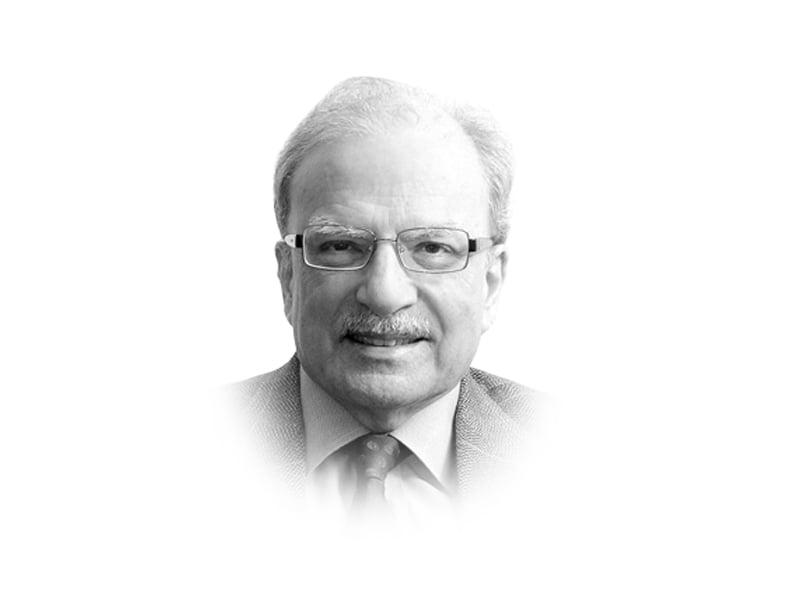Faith, Power, and Profit: How Religion Reshapes Global Economics and Politics

The Intricate Dance of Religion, Politics, and Economics
Religion has long been a powerful force shaping the complex landscape of political and economic systems worldwide. Far more than a mere belief system, religious ideologies profoundly influence societal structures, governance, and economic decision-making.
Throughout history, religious principles have been instrumental in defining social norms, legal frameworks, and economic policies. From the Islamic economic concept of zakat to the Christian influence on Western social welfare systems, religious values consistently intersect with political and economic realms.
In many societies, religious institutions wield significant political power, directly impacting policy-making and governance. Religious leaders often serve as influential voices in national debates, advocating for policies aligned with their theological perspectives. This dynamic creates a nuanced relationship where spiritual beliefs and political strategies become deeply intertwined.
Economically, religious principles can shape market behaviors, investment strategies, and ethical business practices. For instance, Islamic banking prohibits interest and promotes profit-sharing models, demonstrating how religious ethics can fundamentally transform financial systems.
The global landscape reveals diverse interactions between religion, politics, and economics. Some nations maintain strict separation between religious institutions and government, while others integrate religious principles directly into their political and economic frameworks.
Understanding these complex relationships requires a nuanced, respectful approach that recognizes the profound impact of religious beliefs on societal structures and human behavior.

